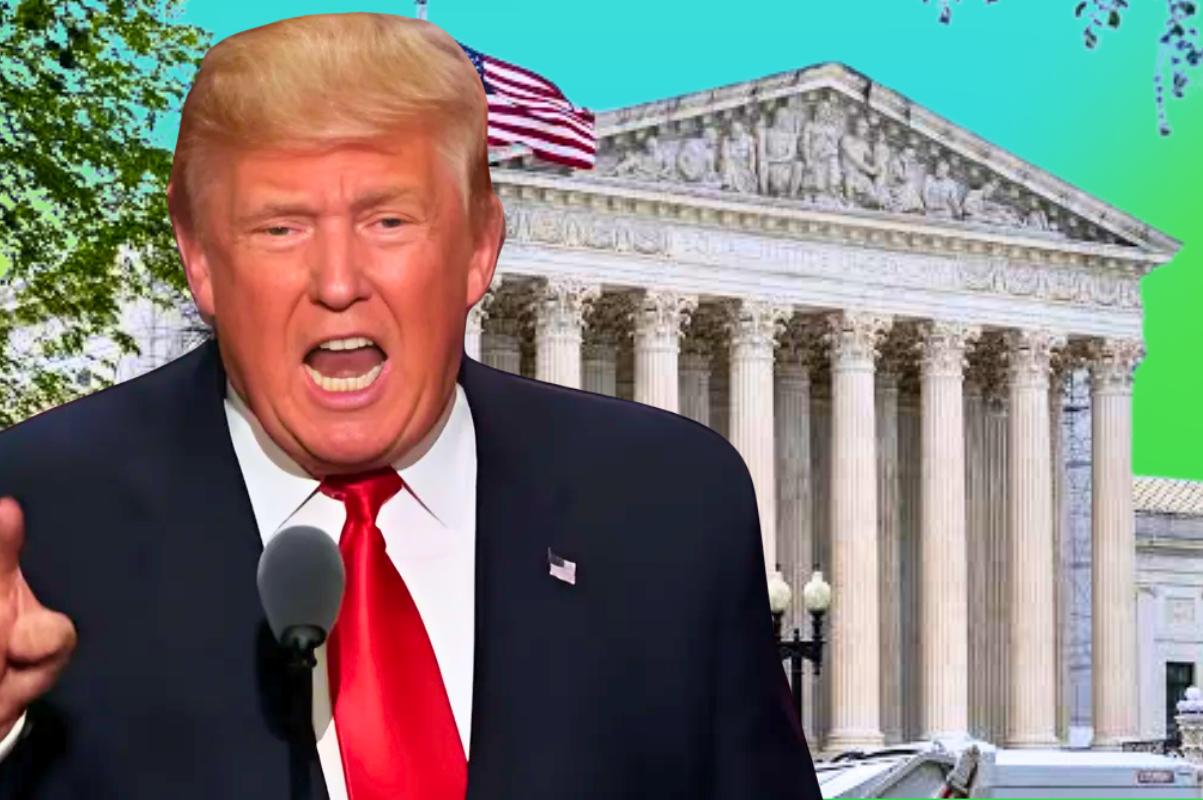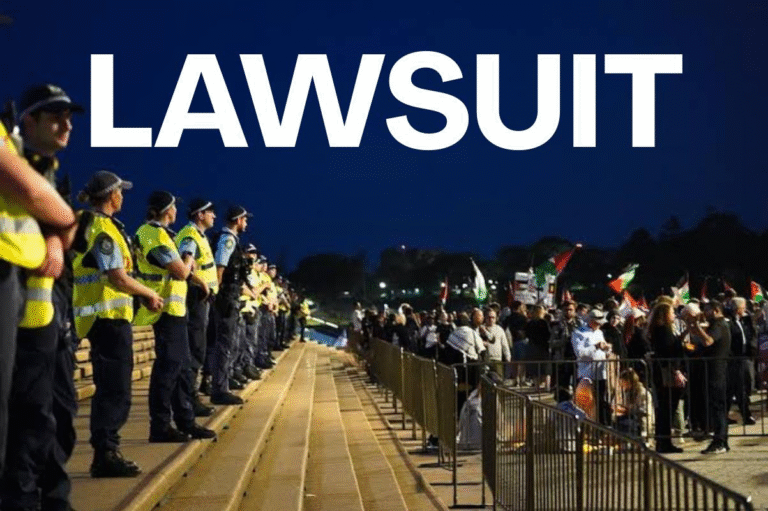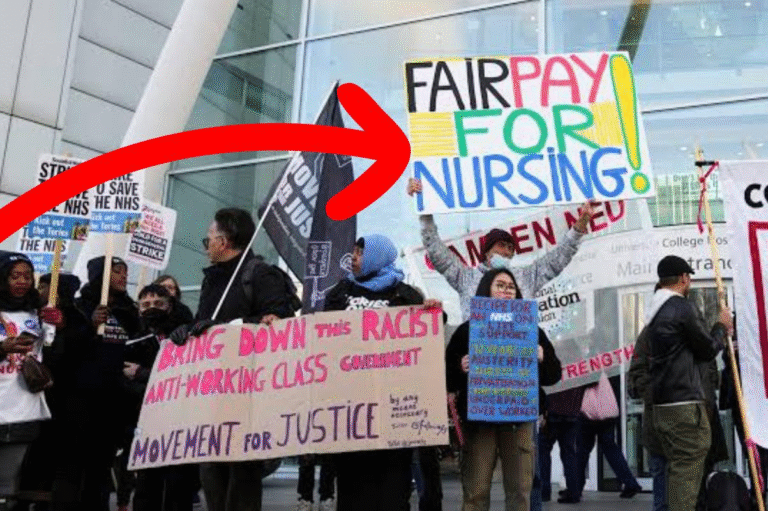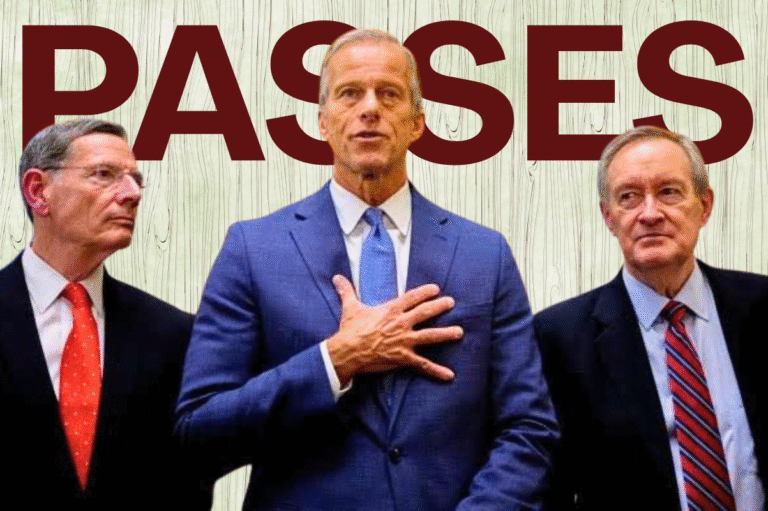U.S. Supreme Court Upholds Injunction Law Shift Amid Iran-U.S. Tensions
On June 26, 2025, the U.S. Supreme Court Upholds Injunction Law Shift Amid Iran-U.S. Tensions. This ruling, which came in a 5-4 vote, limits lower courts’ ability to issue nationwide injunctions against executive actions, particularly those related to national security and foreign policy. The decision, delivered amidst growing Iran-U.S. tensions, may reshape how courts interact with presidential authority, particularly in the realm of international conflict.
The Supreme Court’s recent actions have raised concerns among legal experts and policymakers about the potential shift in the balance of powers, particularly in favor of the executive branch. This concern is further intensified by the deteriorating U.S.-Iran relations, which have been exacerbated by recent military strikes and diplomatic fallout.
What Changed in Injunction Law?
The key change revolves around the federal district courts’ ability to issue nationwide injunctions—court orders that block government policies from taking effect across the entire country. Previously, these injunctions were commonly used to halt immigration bans, health mandates, and foreign policy decisions. However, the new ruling restricts this power, mandating that courts apply injunctions only to plaintiffs directly involved in a case unless exceptional national interest is clearly demonstrated.
Supporters argue that this shift ensures consistency in federal court rulings and curtails judicial overreach. However, critics express concern that it empowers the executive branch with unchecked authority, particularly in critical situations such as escalating Iran-U.S. tensions, where court oversight is paramount.
How the Supreme Court ruling on nationwide injunctions affects presidential powers.
Link to Escalating Iran-U.S. Conflict
The timing of the ruling is particularly noteworthy. Just a few days prior, the United States carried out airstrikes on Iranian nuclear facilities in Fordow and Natanz, asserting anticipatory self-defense. In response, Iran suspended cooperation with the International Atomic Energy Agency (IAEA) and mobilized regional proxies. As military actions escalate, legal experts emphasize that this new injunction law shift could impede swift judicial responses to potential civil liberties violations perpetrated under the guise of national security.
Civil rights organizations, including the ACLU and Human Rights Watch, jointly criticized the Court’s ruling. They contended that restricting the Court’s injunction powers during escalating tensions with Iran could result in unchecked executive action in matters that could jeopardize American lives and liberties.
Impact on Executive Power and National Security
By upholding this change, the U.S. Supreme Court empowers the president to swiftly enact urgent foreign policy and military decisions without the fear of judicial interference. This could lead to expedited deployments, sanctions, and policy implementations during national emergencies. However, it also eliminates a vital legal check, particularly pertinent when decisions involve targeted strikes, refugee restrictions, or surveillance expansions during periods like the current Iran-U.S. standoff.
Legal scholars from Harvard and Yale are engaged in a debate about the long-term implications of this decision. Some argue that it reinforces the doctrine of “unitary executive power,” allowing the president to act swiftly in a rapidly evolving international environment. However, others caution that the absence of robust judicial review increases the risk of abuse of power.
Political Reactions – Divided Across Party Lines
As expected, the political reaction has been polarized. Republican lawmakers celebrated the Court’s ruling, viewing it as a “restoration of judicial discipline.” Senator Josh Hawley further emphasized it as a “victory for national sovereignty amidst global instability.”
Democratic leaders condemned the decision as “dangerous,” especially considering its timing. Senator Elizabeth Warren warned that removing judicial oversight now, amidst potential conflict with Iran, is reckless and irresponsible.
The Biden administration has been cautious in its response. A White House spokesperson acknowledged the Court’s decision but emphasized the importance of judicial checks in maintaining democracy, particularly in the face of intricate international challenges.
Broader Legal and Global Implications
International observers are closely watching the decision beyond the U.S. Analysts at Al Jazeera and The Guardian noted that this decision could embolden other governments to restrict judicial independence, particularly in countries already grappling with authoritarian tendencies. The Iran-U.S. tensions, amplified by global scrutiny of American foreign policy, make this ruling particularly consequential.
Moreover, the ruling could complicate future legal challenges to government actions under treaties such as the Geneva Conventions or the United Nations Charter. If courts are unable to broadly enjoin executive actions, international legal advocates express concern that enforcing accountability will become more difficult.
Conclusion
The U.S. Supreme Court’s decision to uphold the injunction law shift marks a pivotal moment in American legal history. This ruling could redefine the boundaries of executive power during times of international conflict, particularly in light of the rising tensions between Iran and the U.S. and the global order’s pressure. As the global landscape shifts, this ruling raises important questions about the role of courts in safeguarding democracy and civil liberties.
The impact of this legal precedent on governance and the potential for unchecked authority are still uncertain. However, it is certain that this decision will have far-reaching consequences, influencing every courtroom, war room, and diplomatic chamber for years to come.






